
Rewilding futures
Using advanced modeling techniques and rewilding scenarios, wildE aims to better understand how environmental and societal changes in the future might affect the potential for rewilding in Europe. wildE models will provide insights on the longer-term the costs and benefits of rewilding at a European, country and regional level.
The wildE team will:
Identify the future potential area and locations for rewilding across Europe
Quantify the contribution of rewilding to carbon sequestration and climate change mitigation, and how this would be complemented by other approaches
Quantify the contribution of rewilding and other complementary approaches to biodiversity support, the provision of NCPs and climate change adaptation of human societies
Estimate and project the costs of climate-smart rewilding, for selected climate and socio-economic scenarios
The modelling produced by wildE will be a continuous time-series to 2030, 2050 and 2100; the pan-European approach means that all rewilding case studies will be covered by model simulations and the information will be provided for stakeholder interactions.
The wildE team will produce a series of reports on opportunities for rewilding, the impact of rewilding compared to other land uses and the opportunity costs of nature restoration at the European level.
Partners involved.
-

INRAE
-

Karlsruhe Institute of Technology
-

University of Copenhagen
-
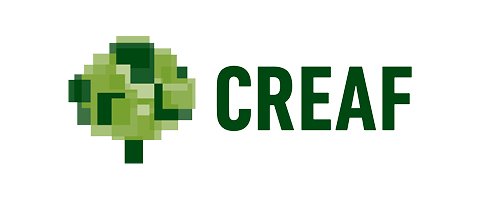
CREAF
-

European Forest Institute
-

Lund University
-
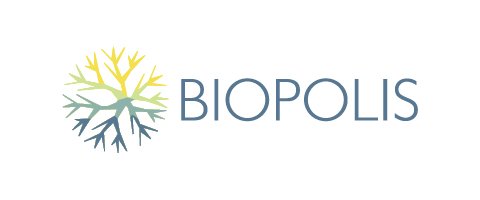
Biopolis
-

Martin-Luther-Universität Halle-Wittenberg
-

Czech University of Life Sciences Prague
-
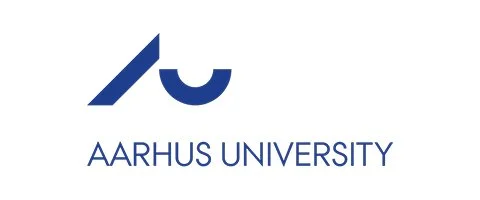
Aarhus University
-
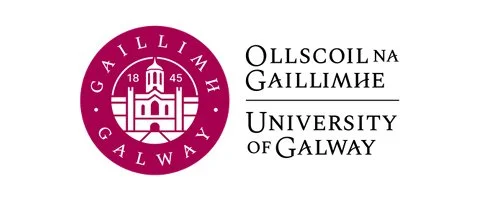
University of Galway
Meet the team
-

Almut Arneth
Almut Arneth is the project lead for rewilding futures, contributes with her team to tasks 3.1-3.3 and also co-leads task 4.1 in WP4. She is professor in land-atmosphere interactions at KIT, Atmospheric Environmental Research where she works on regional-global scale modelling of land ecosystems in response to climate change and land.use change, also as part of socio-ecological systems.
-

Mark Rounsevell
Mark Rounsevell is the Project co-lead for rewilding futures, and contributes with his team to tasks 3.1-3.3. He is professor of Land Use Change & Climate at KIT, Atmospheric Environmental Research where he works on agent-based modelling of socio-ecological systems and land use change in response to climate change and multiple socio-economic and policy change drivers.
-

Jens Abildtrup
Jens Abildtrup leads task 3.4 and 4.3 and contributes to tasks 2.4 and 2.5. He is a researcher in environmental economics at INRAE, member of the laboratory of Theoretical and Applied Economics (BETA) in Nancy, France. His research focuses on the economic valuation of ecosystem services and the regulation of land use and biodiversity protection.
Discover more.
-

Rewilding baselines
Identifying factors that make rewilding attempts more likely to be successful and developing a framework which uses European-wide data to identify rewilding opportunities.
-
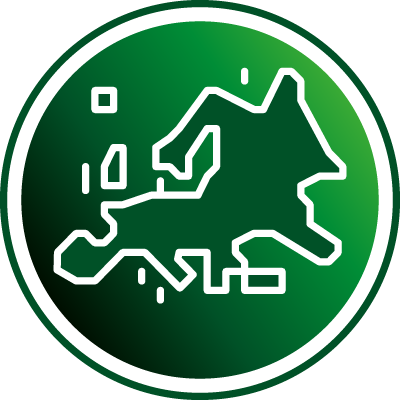
Rewilding practice
Working with stakeholders at eight carefully selected rewilding sites across Europe to gather first-hand information on how rewilding solutions can effectively support nature and people whilst being economically viable.
-
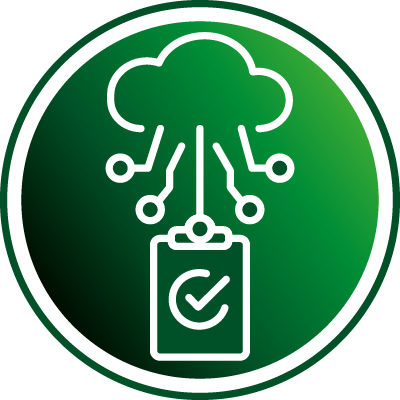
Rewilding synthesis
Bringing together the new research and lessons from wildE to produce practical outputs and tools. These include: guidelines, policy recommendations and online tools.
-

Rewilding dialogue
Ensuring there is effective two-way dialogue with key rewilding stakeholders. This includes engaging local stakeholders at eight rewilding sites and working with key scientific and policy stakeholders.

